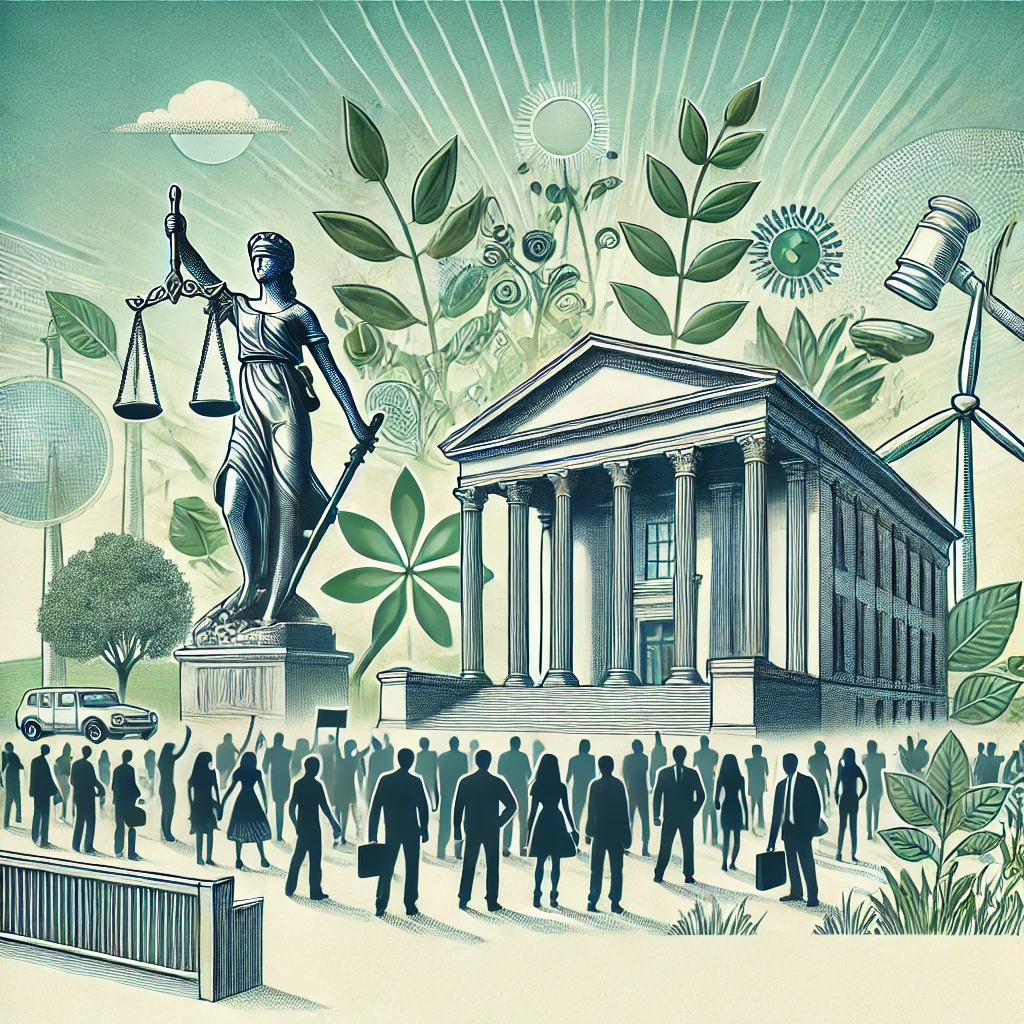Business Groups Sue Over NY Wetland Regulations
A coalition of business organizations, including the Business Council of New York State and the New York State Builders Association, has filed a lawsuit challenging the state’s newly expanded freshwater wetland regulations. The rules, which went into effect earlier this year, increase the number of protected wetlands across the state, significantly broadening environmental oversight over construction and development projects.
Filed in Albany County Supreme Court, the lawsuit alleges that the Department of Environmental Conservation (DEC) overstepped its authority by enacting regulations that restrict property use without sufficient legislative approval or scientific transparency. The plaintiffs claim the new rules are vague, burdensome, and will slow down much-needed housing and commercial projects.
The updated wetland maps include thousands of additional acres of land—some previously unregulated—subjecting developers to new permit requirements and environmental reviews. Builders say the expansion could derail or delay critical infrastructure plans and deepen the state’s ongoing housing crisis.
Business Council President Heather Briccetti expressed concern that, while environmental protection is important, the current rules prioritize bureaucracy over balance. “We support responsible conservation, but these regulations were implemented without adequate consultation, creating legal uncertainty and threatening economic growth,” she said.
The lawsuit argues that the DEC did not provide enough public input and failed to publish detailed scientific justifications for the expanded maps. It also claims the regulations violate constitutional property rights by restricting how landowners can develop or sell their land without due process.
Environmental groups have countered that the new rules are a necessary response to worsening climate impacts like flooding, groundwater contamination, and biodiversity loss. They argue that protecting wetlands helps safeguard drinking water, prevent storm damage, and preserve natural habitats.
Legal observers note that the case could influence how far states can go in expanding environmental protections without legislative action. A ruling in favor of the business groups could constrain regulators in other states seeking to address climate change through administrative measures.
The DEC maintains that it acted within its legal authority and that the wetlands expansion follows updated state legislation passed in 2022, which directed the agency to strengthen protections for vulnerable ecosystems.
If the court sides with the plaintiffs, it could roll back the new wetland boundaries and force the DEC to restart the regulatory process. If the state prevails, developers may face heightened scrutiny and compliance costs across a wider range of properties.
The lawsuit adds fuel to the broader debate over how to balance environmental resilience with economic development. As communities confront rising seas and extreme weather, the outcome of this case could shape policy far beyond New York.






